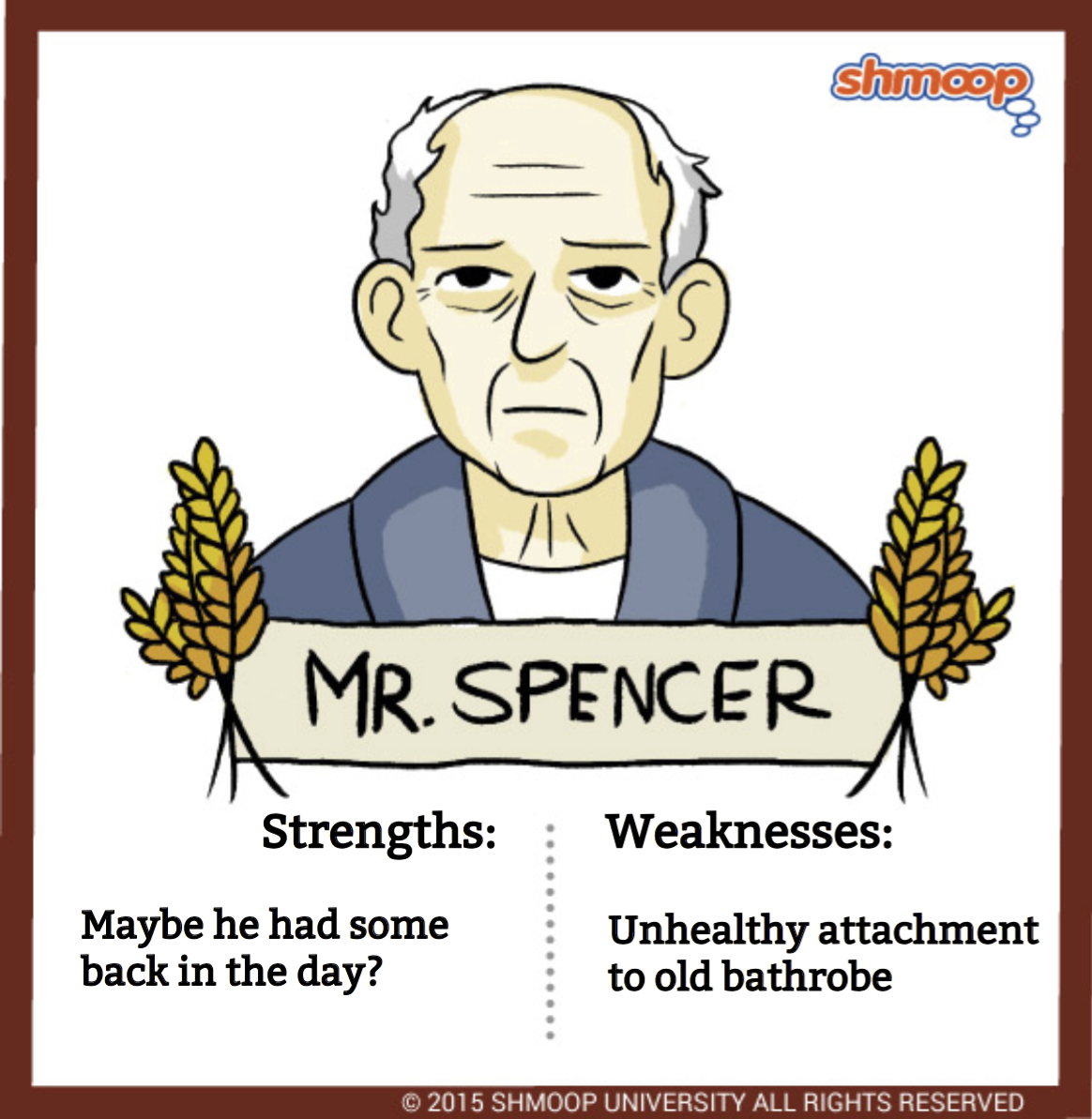The Catcher In The Rye Child Writes Grafitti
Posted on
The Catcher In The Rye Child Writes Grafitti Average ratng: 3,6/5 1652 reviews


The Catcher in the Rye is a story by J.D. Salinger, partially published in serial form in. Later, Holden agrees to write an English composition for his roommate, Ward. Note, Holden becomes quite annoyed by graffiti containing the word 'fuck,'. This 'catcher in the rye' is an analogy for Holden, who admires in children. Since it was first published in 1951, The Catcher in the Rye has been the subject of controversy for decades.Between being banned from schools in several states and being linked with the assassination of John Lennon by Mark David Chapman, the novel is widely regarded as one of the most influential novels of the 20th century.

The Catcher In The Rye Read
This character is going to tell it like it is, and he does. The most powerful emotional standpoint in the story is when Holden goes to his sister’s elementary school to deliver her a note. While he is there, he discovers two words scribbled on the wall. “Fuck you.” Most people would look at that and think nothing of it. Some would bow their heads in shame at the person who thought it was funny. Others might laugh. Not Holden. He did not think about the normal persons response to the note. He thought about the child’s response. About how a little kid is going to see that seemingly meaningless phrase and wonder what it means; about how some dirty kid would explain what it meant; and about the person who wrote it and how they are destroying the childhood of everyone who reads the ‘harmless’ graffiti. This section takes the reader to the door of Holden’s mind. It is at this point that one truly understands his emotions. As previously mentioned, it is obvious of Holden’s intentions from the first chapter. The reader learns that they are not going to be following the life story of some random kid; they are going to read about the introversive thoughts and assumptions everyone makes at some point of their lives. Throughout the tale, it is obvious that Caulfield is depressed and as the story progresses, he seems to lose himself in the real world. As he moves